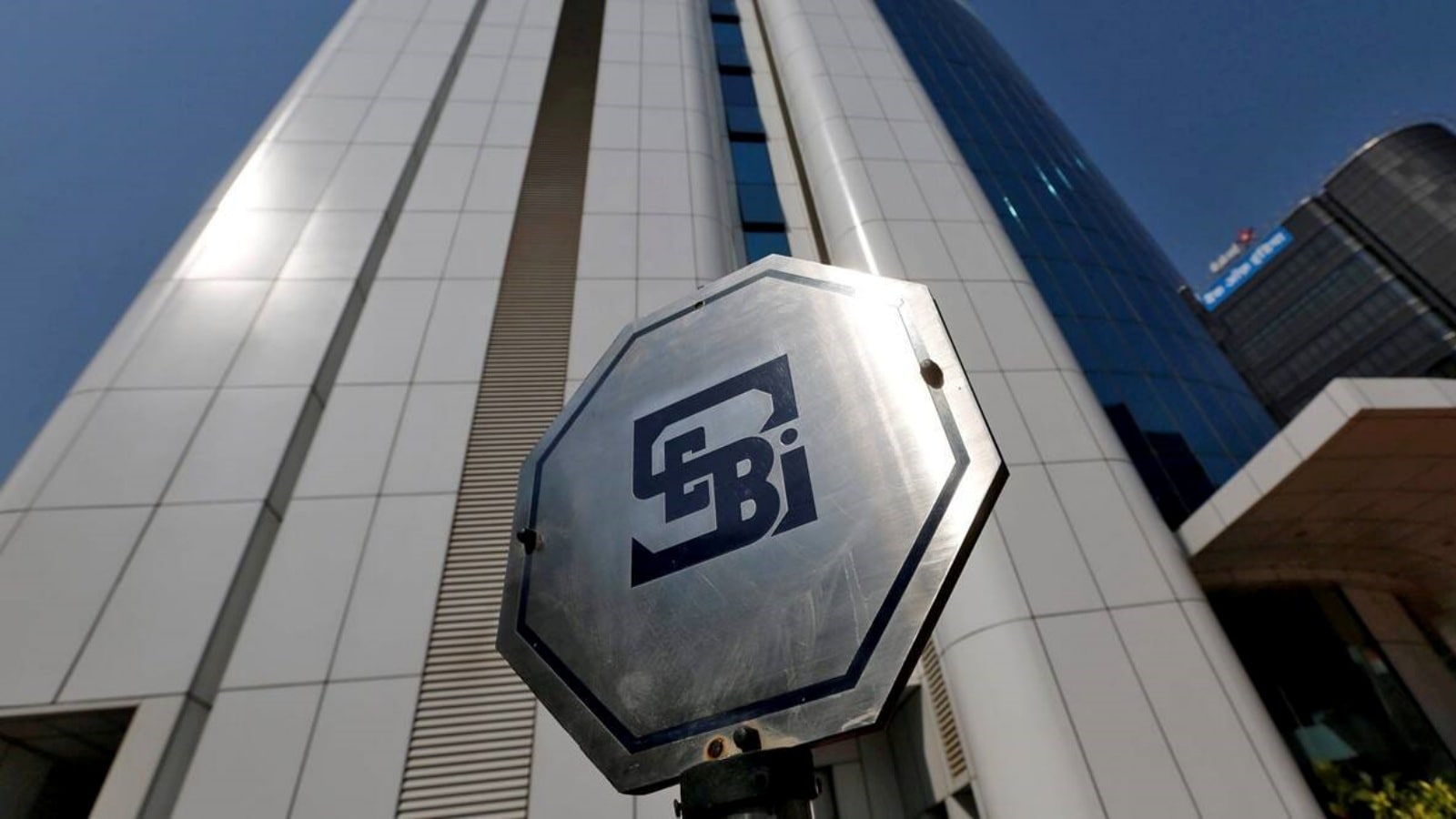The Securities and Exchange Board of India (SEBI) board on Wednesday announced several measures, including steps to facilitate voluntary delisting of certain public sector undertakings (PSUs), relaxation in regulatory compliances for foreign investors investing in government bonds and allowing founders of start ups to hold employee stock options (ESOPs) even after listing of the company
The board also approved category I and II Alternative Investment Funds (AIF) to offer co-investment opportunities within the AIF structure.
The SEBI board introduced special measures for PSUs to undertake voluntary delisting through fixed price delisting process when the shareholding of the government as a promoter or other PSUs equals or exceeds 90 per cent.
“PSUs (other than banks, NBFCs and insurance companies) in which aggregate shareholding of the government and/or any PSUs equals or exceeds 90 per cent of total issued shares of the PSU, would be eligible for delisting under the relaxed route ,” the SEBI said.
Delisting of such eligible PSU would be only through a fixed price delisting process which shall be atleast 15 per cent premium over the floor price.
In order to enhance ease of doing business through a risk-based approach and optimum regulation, the board approved the proposal to relax certain regulatory requirements for all existing and prospective foreign portfolio investors (FPIs) that exclusively invest in government securities G-Secs (GS-FPIs).
SEBI has harmonised the periodicity of mandatory Know Your Customer (KYC) review for GS-FPIs with the Reserve Bank of India’s (RBI) requirement. This would essentially mean that GS-FPIs will have less frequent mandatory KYC reviews.
Story continues below this ad
Under the revised norms, existing and prospective FPIs that exclusively invest in g-secs under the Fully Accessible Route (FAR) will not be required to furnish investor group details. Such details are largely relevant for monitoring FPI exposures into equity and corporate debt only.
The SEBI said that GS-FPIs will be permitted to intimate all material changes within 30 days instead of 7 days.
These relaxation come at a time when several global index providers have announced inclusion of g-secs in their respective bond indices, such as J P Morgan Global EM Bond Index, Bloomberg EM Local Currency Government Index and FTSE Russell Emerging Markets Government Bond Index.
SEBI said that under the existing regulations, promoters are ineligible to hold or be granted share based benefits, including ESOPs. If they hold such share based benefits at the time of filing of draft red herring prospectus (DRHP), they have been required to liquidate such benefits prior to the initial public offering (IPO).
Story continues below this ad
“This provision has been found to be impacting founders classified as promoters at the time of filing of DRHP. The proposal approved by the Board shall facilitate founders who received such benefits at least one year prior to the filing of DRHP with the Board, to continue holding, or exercising such benefits even after being specified as the promoter and the company becoming a listed entity,” the regulator said.
These proposals as approved by the board are expected to assist public companies who are intending to list after undertaking reverse flipping (i.e. shifting the country of incorporation from a foreign jurisdiction to India) and relax certain requirements relating to share based benefits granted to founders prior to the company undertaking the IPO.
With an objective to enhance ease of doing business for AIFs, the SEBI board approved the proposal to permit Category I & II AIFs to offer co-investment scheme (CIV scheme). This will further facilitate AIFs and investors to co-invest and will support capital formation in unlisted companies through AIFs.
Co-investment refers to investment made by a manager or sponsor of the AIF or by investor of Category I and II AIFs in unlisted investee companies where such a Category I or Category II AIF(s) makes investment.
Story continues below this ad
At present, co-investment for AIF investors is facilitated through Co-investment Portfolio Managers under Portfolio Management Service (PMS) regulations.
The regulator said that a separate CIV scheme shall be launched for each co-investment in an investee company subject to safeguards to ensure that the scheme is used only for bona fide purposes.
The SEBI board has also decided to introduce a settlement scheme for certain stock brokers who traded on the National Spot Exchange Ltd (NSEL) platform and had applied/ were registered with SEBI as trading member / clearing member.
The scheme will provide an opportunity to such stock brokers against whom enforcement actions have been taken by SEBI. By availing the benefit of the scheme, the stock brokers may settle such proceedings and seek expeditious conclusion of the said proceedings.

